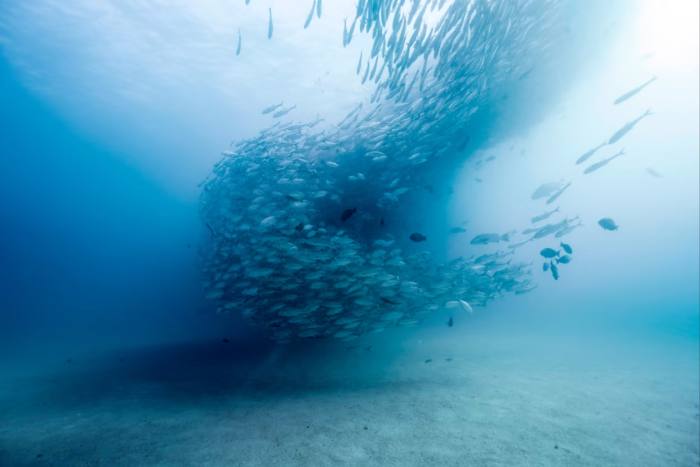[ad_1]
Receive free World updates
We’ll send you a myFT Daily Digest email rounding up the latest World news every morning.
Federal Reserve officials signalled they intended to resume interest rate increases amid a growing consensus that more tightening was needed to stamp out high inflation in the world’s largest economy.
“Almost all” officials who participated said “additional increases” in the Fed’s benchmark interest rate would be “appropriate”, according to minutes from June’s meeting of the Federal Open Market Committee.
They added the “tight” labour market and “upside risks” to inflation were still “key factors” shaping the outlook nearly a year and a half after the US central bank embarked on an aggressive cycle of interest rate rises to tame price pressures.
Some Fed officials had favoured a 25 basis point increase in interest rates in June, rather than the pause in further tightening that was ultimately backed by the committee, according to the minutes. But most Fed officials noted the “uncertainty” about the outlook and said additional information about the economy would be “valuable”.
Here’s what else I’m keeping tabs on today:
Economic data: S&P Global releases the construction purchasing managers’ index for the UK and services PMI for the US. The US also publishes labour data for May while Germany has factory orders for the same month.
Results: Bang & Olufsen, Currys, Jet2 and Levi Strauss report.
Five more top stories
1. Exclusive: Russia’s covert partnership with Iran includes co-operation on a new factory for reconnaissance drones in the Russian province of Tatarstan to supply its war effort in Ukraine. Albatross, previously a farming tech group, has already delivered about 50 drones for combat and is at the centre of a Tehran-supported effort to expand Russia’s dronemaking capacity. Read the full story.
2. Meta has launched Threads, its long-awaited rival to Twitter, which chief executive Mark Zuckerberg has pitched as a “friendly” alternative to Elon Musk’s struggling social media platform. Like Twitter, the new app is text-based and posts can be replied to, liked and shared. It is also directly linked to Instagram, which has more than 2bn users. Read more on what some have dubbed the “Twitter killer”.
3. The EU will stick with plans to impose tariffs on electric vehicles imported from the UK from next year despite efforts by the British government, backed by European carmakers, to defer the trade rule. Here’s why the bloc is standing by its “rules of origin” requirements, which the UK has argued will heap excessive costs on to the industry.
4. UK office leases have shortened to a record low while vacancy rates have soared close to a decade high as the shift to working from home shakes up the market. Average lease lengths dropped to two years and 10 months in the first quarter, down from nearly four and a half years at the start of 2019. Read more about how short-term leases are changing the commercial property market.
5. Dubai was the world’s busiest market for $10mn-plus homes in the first quarter with 92 deals worth $1.7bn, beating established centres for prime property such as Hong Kong, New York and London, according to Knight Frank. Limited supply and a rush of new buyers, including those from Russia, are driving the demand for luxury homes in the Gulf city.
The Big Read

For 12 years, the World Cup dominated Qatar’s agenda. The gas-rich state spent more than $200bn on infrastructure, while batting away an endless stream of criticism over its treatment of migrant workers and contested allegations that it bought the tournament — as well as surviving regional crises. Seven months after the event, leaders insist there is no hangover. But some already fret that there appears to have been too little thought as to exactly what comes next.
We’re also reading . . .
Chart of the day
The UK faces a “big threat” from US green mega-subsidies and tough competition from countries including the US, France, Ireland and Singapore, warned Lord Richard Harrington, who is leading a review on foreign direct investment for chancellor Jeremy Hunt.

Take a break from the news
Humanity today is flirting with disaster in the ways we manage water, both on land and at sea. What is to be done? Three new books seek to help recalibrate our relationship to the water that sustains us.

Additional contributions by Benjamin Wilhelm and David Hindley
Recommended newsletters for you
Asset Management — Find out the inside story of the movers and shakers behind a multitrillion-dollar industry. Sign up here
The Week Ahead — Start every week with a preview of what’s on the agenda. Sign up here
[ad_2]
Source link





















